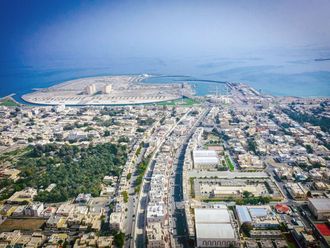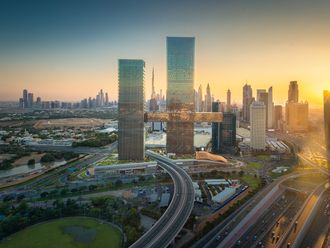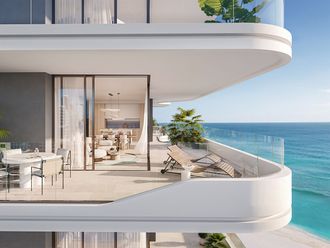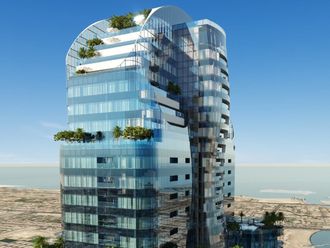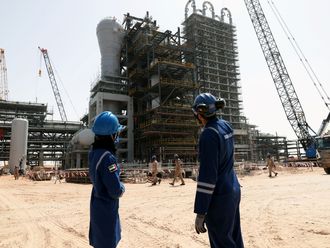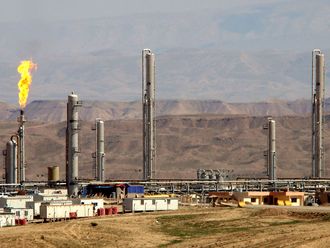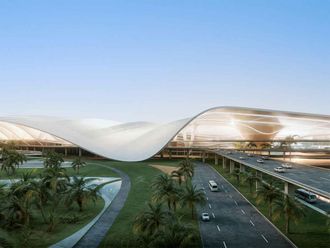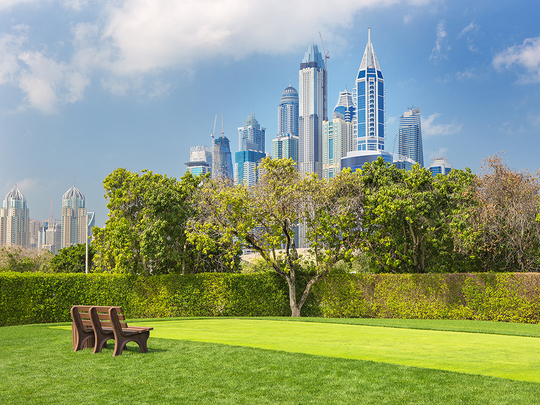
With Dubai establishing itself as a leading holiday and business destination across the globe, the hospitality market has witnessed increased demand for varied types of holiday accommodation options. The availability of a range of diversified products like hotel rooms, serviced hotel apartments, short-term holiday homes and booking portals such as Airbnb have given numerous choices to the visitors coming to Dubai.
Nathan Hones, partner at Carter Associates, sees the availability of more accommodation formats as a sign of a maturing market rather than fragmentation of an existing market. “Since [the announcement of] Decree Number 41 of 2013, outlining the regulations under which short-term holiday homes could be operated in Dubai, the popularity [of holiday homes] has increased dramatically,” says Hones, adding that the appeal of holiday homes further grew since April 2016 when the Department of Tourism and Commerce Marketing [DTCM] allowed individual homeowners to secure licences without having to commission a third-party entity. “All of a sudden, the short-term stay option opened up to asset owners.”
Nathan Hones
The holiday home market achieved a 29 per cent average premium in average daily rate (ADR) over hotels last year according to Knight Frank research. “This was largely because most short-term stays are focused around upscale locations such as JBR or Downtown Dubai,” says Hones. “But it illustrates that the mid to upper-tier sectors of the traveller market is opting for alternative forms of vacation accommodation in key areas supported by the same infrastructure as their hotel competition. However, as more affordable, short-term options come to the market, we expect the ADR levels to reach a par with hotels.”
Asset classifications
The city’s total number of hotel and hotel apartment keys stood at around 106,167 across 678 establishments at the end of the third quarter last year, according to data from DTCM. “Luxury five-star hotels make up 33 per cent, four-star hotels 23 per cent and properties in the one- to three-star categories 21 per cent,” notes Samir Salya, chairman of Reign Holdings, the parent company of developer Arthur and Hardman. “Hotel apartments make up 23 per cent. According to GCP-Reidin data, there are about 15,000 completed serviced apartment units in Dubai, with a further 30,000 units expected over the next five years.”
The online platform Airbnb has seen considerable growth as revenues increased by 421 per cent and listings tripled to 3,249 over a 24-month period from August 2015 to August 2017, according to research by Chestertons Middle East and North Africa (Mena). The relaxed rules have made it easier for homeowners and tenants to cut out the middleman and list their property on the site.
Choices for investors
Amine Housni, co-founder and head of UAE at Blueground, says the current market offers property investors more options to rent out their property. “Besides the typical rental agreements to long-term tenants, owners now have the option to rent their properties through Airbnb either on their own or through short-term rental management companies,” says Housni. “It is the investors of large hotels that need to consider this new situation when they are making plans for launching new properties. A growing segment of the hospitality market will be allocated to the existing supply of apartments and villas, and the ADR should be impacted as well.”
Amine Housni
But Housni says this could ultimately be good for the hospitality industry. “With new players and business models, it will become more and more competitive,” says Housni. “As Dubai pursues its strategy to attract 20 million visitors by 2020, the challenge for all the involved parties is to find the right strategy to differentiate, offer great value and stay ahead of the competition.”
Industry boom
With the UAE’s hospitality market on a roll, Salya expects the hotel construction pipeline to peak within the next two years. “While the hospitality industry is booming and the UAE is increasing its role as a global leisure and tourism hub, the market must adapt to meet demand and the varying needs of visitors,” says Salya. “Serviced apartments are becoming more popular among those looking to find a nice place to stay without paying full hotel rights.”
He adds that in the long run serviced products are typically cheaper. However, for short-term stay a hotel might be more suitable, he says. “In the hotel sector, 28,900 extra rooms are predicted to be delivered in Dubai over the next two years as capacity expands,” says Salya. “The hotel market is expected to pick up the pace, with three- and four-star hotels competing with the luxury hotels and all of this particularly in the lead-up to important events, including Expo 2020. There is also a shift towards more diverse properties, including luxury lodges and bed and breakfast properties.”
Samir Salya
While there are now more choices in the hospitality market, Salya believes there is a need for consensus and strategic planning within the industry that will enable innovation. “Just as we’ve seen changes in what visitors want and have adapted in recent years, we also need to keep our eye on the future as who knows where demand will be in 10 years.”
Filippo Sona, director and head of hotels in Mena at Colliers International, notes that third parties such as Airbnb tend to deliver volume to secondary areas of a city or destination as they feature more units consisting private residences and unbranded hotels.
Olivier Harnisch, CEO of Emaar Hospitality Group, says changes in guest demographic, including an increasing number of millennials, has made it essential for the industry to provide distinctive experiences. He also sees this trend as a form of business diversification with a clear strategic direction, and not just fragmentation. “With a thriving tourism market, it is important for Dubai to offer such varied experiences — and all these add to the vibrancy of our industry,” says Harnisch.
Dubai's hospitality numbers


